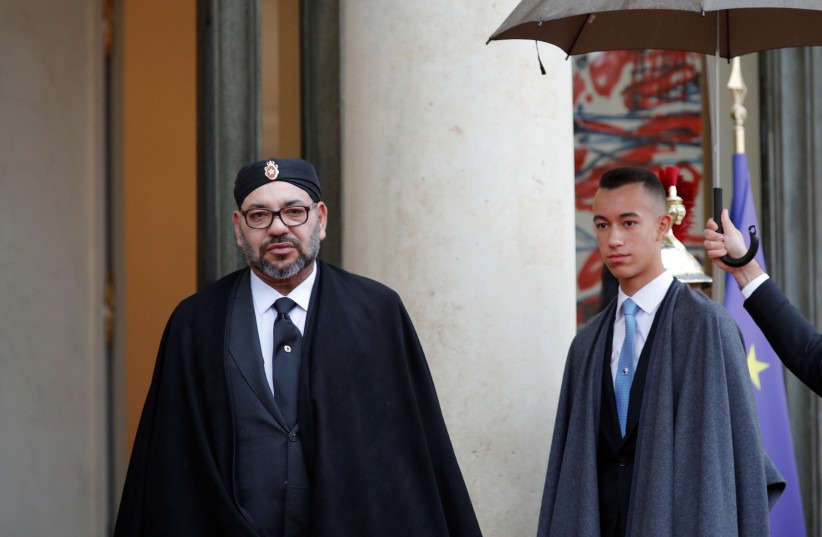An international tool for pandemic preparedness and response must be formulated, Health Minister Moshe Arbel said at the UN General Assembly in New York.
“The COVID-19 pandemic shocked the world, disrupted economies, damaged the livelihood of many, undermined family ties, and created many challenges in the education system,” Arbel said on Wednesday. “It also caused severe shocks to the health systems in many countries, led to loss of life, and triggered long-term health problems that we are still studying.”
Prior to his speech, he met with his Moroccan counterpart, Prof. Khalid Ait Taleb, to work on a joint statement regarding the prevention, treatment, and dealing with epidemics.
The international community has identified two essential key actions at this stage – the reform of international health regulations and the formulation of an international tool for preparedness and response to epidemics. Arbel said Israel strongly supports these efforts, and is proud to be a partner in submitting the declaration together with the Kingdom of Morocco.
“I express my condolences to the people of Morocco following the devastating earthquake that occurred in the kingdom and wish the injured a speedy recovery on behalf of the State and the government of Israel. We will always be ready to help our friends and this time as well,” the minister said.

Coronavirus and mental health
“For 75 years now, we have been committed to promoting physical and mental health and well-being. But for too long, mental health has not received the proper treatment and has not received the necessary resources. Now that the importance of mental health has been recognized, among other things, including lessons from the pandemic, we must ensure the allocation of adequate resources and funding. COVID-19 revealed the weak points, the deficiencies, and the limitations of knowledge. For us to improve and respond better in the future, we must acknowledge and learn from past failures. We must be critical and honestly examine ourselves, including our weaknesses.”
Arbel said that “a year after the start of the pandemic, a good friend of mine was seriously infected with the coronavirus. The young woman, a single mother of a four-year-old boy, was separated from him for a week and a half to be treated in the hospital.
“The son – who was not yet old enough to understand what had happened and why he was separated from his mother – was secondarily affected by the virus by his distress. Millions of children sat in their homes for weeks and months in anxiety and depression. Now that the importance of mental health has been recognized among the lessons of the pandemic, we must ensure the allocation of adequate resources and funding to this important field as well.”
He went on to say that “we have a commitment to leave no one behind; health services will work for everyone, especially the most vulnerable. This is a binding statement that commands us to listen to patients, build trust and honest advocacy and place this at the heart of our health strategy, especially in encouraging vaccinations and promoting a healthy lifestyle.
“And we recognize the importance of monitoring the health situation so we can more quickly identify future health emergencies. Through proper joint work, we can emerge stronger from the latest epidemic, establish more durable health systems, and leave our children a world prepared and organized for health emergencies and save lives.”
The 40-year-old Arbel is an ultra-Orthodox rabbi, lawyer, and politician representing Shas. Arbel is married with four children and lives in Petah Tikva.
Morocco’s Health Minister Taleb was appointed in 2019 in a government shake-up. He previously ran the Hassan II University Hospital Center in Fez for 10 years and is an experienced visceral surgeon.
